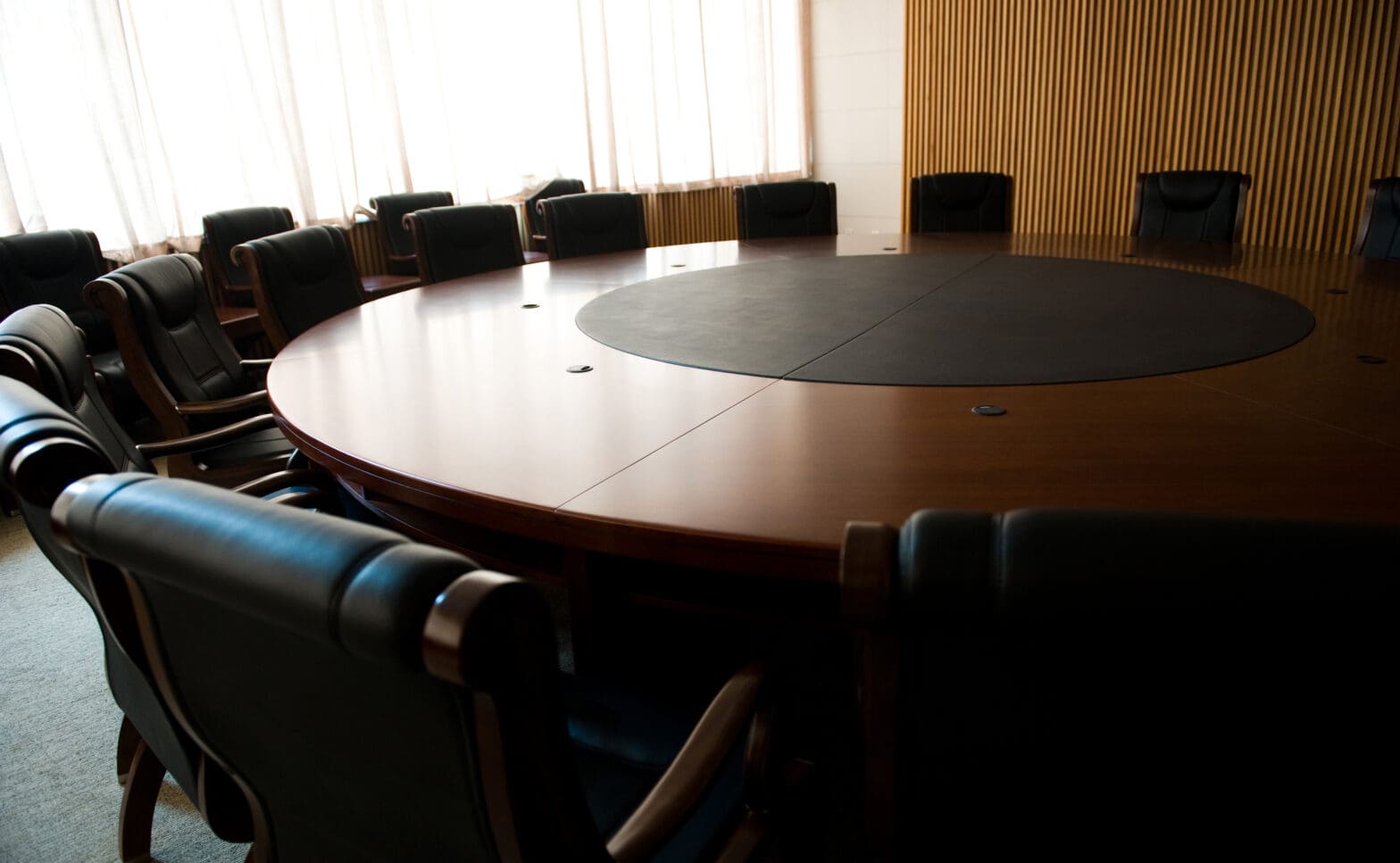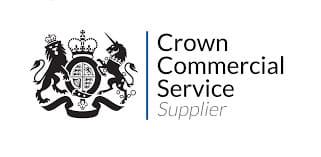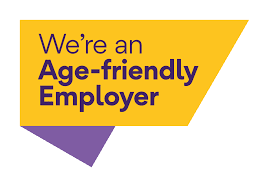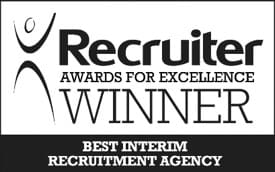A report on our recent HR Round Table event
On Thursday 18th February senior HR leaders from various sectors including hospitality, technology, manufacturing, financial services, retail and support services, joined us to share their experiences and observations of how the role of HR has been impacted due to the challenges of leading through a pandemic. We asked, “are you the new Hero of the boardroom, has the experience been empowering, and is your engagement with other departments better than before?”
Below are the key themes that emerged from the 90-minute session.
- HR are involved in wider conversations now than they were pre-Covid-19 resulting in a greater understanding of other departments. For example, Technology departments could be challenging, and time was needed to ensure that technology was communicated in a meaningful way allowing the organisation to do their best and make the right decisions and investments for people working from home.
- Engagement with the workforce to understand what works and what doesn’t is essential. You must aim to get a real understanding of the issues people are trying to manage.
- The role of HR was respected at senior levels pre-Covid-19, but some things have changed. The term ‘Personnel Manager’ is no longer used. The emphasis of the role is now people and culture and less about providing commercial credentials to earn your seat at the table. The business is now centre stage.
- The role of HR is people focused and about finding the best people to help you understand, motivate, and drive the right behaviours in the business.
- There is a big difference in the demands on HR depending on the industry you are working in. It is understood that some sectors will have very high stress levels and could be close to burnout.
- Companies that are not dealing with major restructuring and redundancies have had the opportunity to take a fresh look at their business and found that a ‘global’ conversation and the pandemic has enabled modernization and innovation/creativity.
- The need to move at pace to lead change means that working practices are changed for good.
- Some conversations were moving very slowly pre-Covid-19, such as remote working, real estate. These have now gathered speed which is seen as positive.
- Necessity is the mother of invention and our guests agreed that finding ways to solve problems quickly meant a higher level of collaboration and communication with all stakeholders and external business partners.
- Being clear on priorities for individuals working from home has been helpful. Putting family first, for example.
- International HR Leaders spoke about the challenge of consistency for remote teams and the fact that the pandemic is being treated differently in some areas of the world.
- We spoke about cultural insights. For example, in India they had to allow some people back into the office as working from a multigenerational household with limited connectivity is too hard.
- Engaging with so many people/global conversations has resulted in rich data and intelligence that is essential/helpful. Talking and engagement to learn from the broader community is proving better than polls and surveys for meaningful information. With more people involved in decisions it leads to more buy in once solutions are rolled out. This intelligence has led to good solutions that ultimately have saved lives.
- Considering skills that are essential for HR Leaders moving forward – we spoke about technology enablement and using partners for some services. Also, we are dealing with roles that have no history or frame of reference, so help is needed and making mistakes can be costly. Understanding the future of the organisation is essential to execute the job of HR properly.
- We asked if this means new types of HR specialisms are emerging?
- It was generally agreed that HR in all sectors is being pulled into functions of an operational nature and less of the strategic HR thinking. It is understood that there is a real need to keep the business functioning and doing whatever it takes. However, HR are beginning to think about the long term despite it being very uncertain. It is unlikely that we will return to previous ways of working so there are elements of making it up as we go along, which is exciting in some ways, but without a map.
- We still don’t know what stability looks like and when the economy will bounce back. It was stressed that we must help our businesses in any way we can which requires flexibility, fluidity and doing everything we can to make good decisions.
- What has the pandemic taught HR? Typically, we would spend a lot of time planning things. For example, a redundancy process could take six months to plan but we were able to do this in 5 days during crucial times last year. As we move forward, we will continue to ask the questions that we are now faced with; how do we do things differently and how we do things as a function? We have become less concerned about dotting I’s and crossing T’s and more focused on getting things done.
- Regarding what ‘the board’ is expecting from HR – Things have not changed too much but there is stronger emphasis on ensuring that you are bringing the right people into the business. Overall, the narrative has not changed.
- HR will not go back to pre-Covid-19 ways of working – it has proved it delivers and operates in the way the business does; responsive, fast. Expectations have changed and we have greater credibility as we are being operationally savvier. We have proved we can respond to the requirements of the business whilst keeping the business safe.
- How HR works with the CEO has not necessarily changed but the view of what you can deliver has changed and maybe there is more credibility.
- Each wave of the pandemic has brought fresh challenges. The first wave was very much about getting people set up from home and furlough – people were grateful for the help. As we come to the third wave there are new expectations and questions around career frameworks, L&D and the need for increased flexibility on contracts.
- We are witnessing a paradigm shift of priorities. Before the pandemic we were largely concerned about long term career success. As we come out the other end, we are hearing colleagues being much more definitive about how they want to work and what their terms and conditions are. This brings the challenge of how to engage with these colleagues.
- Is engagement moving to a more ‘gig economy’ culture or fixed term contracts?
- Fixed term contracts call for different incentives. Does this mean that organisations will invest less in people as they do not want them there beyond the requirements of the project?
- There is more pressure coming from the workforce in the areas of flexible working and this can be challenging to manage.
- HR are dealing with demands, compassion and understanding the personal circumstances leading to the individual view. There are cases where the contract needs to be reviewed as the role stipulates that the job is based on site.
- These changes in attitude suggest the direction of travel is towards the gig economy. As we build a flexible workforce it will become attractive to international organisations. The UK will be way ahead of other nations with a reputation for getting the right people to work on projects.
- There is much evidence that multi-functional, multi-skilled and flexible people are attractive on freelance contracts particularly if the skills are digital. Individuals that can work in this way could be attractive to some companies moving forward but it takes a different mindset from the employee/contractor and the relationship with the hiring organisation will be different.
- Legislation is playing out as furlough ends and organisations reshape their workforces. Some firms will terminate contracts and re-hire, but the unions are challenging these actions. Is this a good example of the workforce not understanding the scale of the crisis?
- Despite the financial challenges our guests believe very strongly in protecting the workforce and putting them first as the company is built on the strength of the people.
- It was noted that engaging a graduate on a flexible basis is very different to changing the contract of a fulltime employee where the impact can be catastrophic.
- Mental health is a key consideration and an understanding of the psychological drivers that motivate and bring out the best in people. Up until now this has relied on testing, but it does not work.
- Different sectors will have different challenges. When an organisation is burning cash and revenue has stopped, tough decisions are made regarding employment.
- Considering the long-term impact on the organisation and the profession. Evidence suggests that senior leaders are willing to compromise on pay and bonuses to help everyone in the business.
- A better intelligence on the needs of the people and better ways to manage seems to be present in businesses. Processes like ‘performance management’ (that can be deflating and damaging yet advised by law) were considered. Also, under consideration: settlement agreements, feedback, and better relationships all round.
- Is HR taking on a greater responsibility around pre-Covid-19 than other members in the senior management team? Not necessarily – it was pointed out that Finance Directors might think their job was harder. Generally, it was felt that all leaders were contributing equally. It is a collective responsibility and there is not one ‘superhero’.
- What expertise do you wish you had considering the pandemic? Answers included knowing the value of communications, involvement with the finance/solvency side of the organisation, more knowledge of mental health, resilience, and the importance of the work/life balance. Also, an understanding of what people might be dealing with at home – respect for individuals’ unique behaviors under stress and learning to understand people even when you don’t see them.
- Learning to pick up on the ‘unsaid’ when you are not physically present with someone is very hard and most of our guests felt this took special time and effort to manage.
- Psychological safety is a priority. Encouraging people to bring their whole self to work (don’t stress about children and pets and your environment).
- Recognition of the bigger picture going on in the lives of others.
- Sharing the load means devolved decision making and it is much richer for it – we should strive to maintain this.
- In addition to well-being it was pointed out that Diversity and Inclusion is a new issue for HR directors to address. This conversation must not get lost in the blur of well-being initiatives.
- Have your personal career aspirations changed? Not really, but a shift of priorities is evident. Money is less important than health, for example
- Vulnerability was discussed as being a good thing. It has allowed senior executives to connect as humans in a quicker way than we would have done otherwise. Connection across the organisation is stronger and the leaders can clearly demonstrate they are leading the way. It is important for them to be seen to take ownership and to drive things as well. Vulnerability is a hugely important aspect of being a leader. It is so important and for so long, with corporate culture, it’s been misinterpreted as weakness. It’s actually a strength and there is great power in a leader saying ‘it’s OK not to be OK. Come and talk to us about it. We want to help’. Support is so powerful, and it really unleashes empathy, change and transformation – it is incredibly underrated. Leaders can now talk about their own mental health issues and that would not have happened 18 months ago. The feedback is that colleagues have said this has helped them to get through things.
At the end of the discussion, we each talked about the points raised that struck them the most:
- Focus on health and the holistic person
- The speed at which organisations can now operate
- Technology and innovation – working to remain connected with people, enabling us to learn more about colleagues/engagement tools
- Location flexibility is empowering and creates greater opportunities
- People are centric to the organisations and the priority
- You can find strength in a weakness – vulnerability
With thanks to Patrick Smith, Justine Shaw, Skip Riddle, David Balls, Lisa Fryer, Geoff Smith, Helen Hyde and the Russam team: Melissa Baxter, Jason Atkinson and Ian Joseph.

Contact us
Call us on 07930 356305 or email HQ@russam.co.uk








